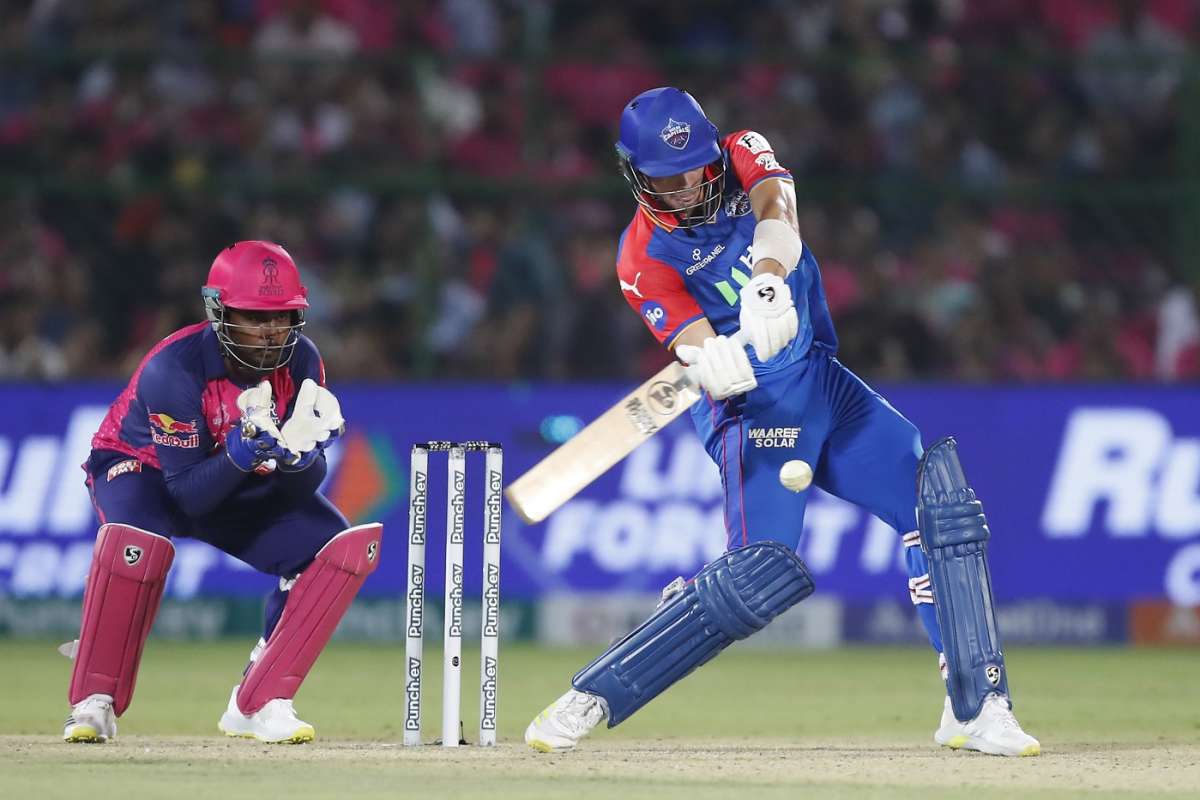In the evolving landscape of international cricket, where the magnetic allure of T20 leagues often overshadows the venerable tradition of Test cricket, Kagiso Rabada’s pointed criticisms regarding scheduling conflicts have stirred a pot of contentious debate. His disapproval of the scenario that prevented numerous key players from partaking in South Africa’s Test series against New Zealand—due to overlapping schedules with the domestic SA20 league—spotlights the tension between cricket’s rich heritage and its modern, commercial imperatives. However, a reflective glance at the decisions made by players, including Rabada, in the past, unveils a layered narrative of potential hypocrisy that merits a deeper dive.
Rabada’s stance on the “unacceptable” scheduling mishap, which prioritized league commitments over national duty, resonates with cricket purists who champion Test cricket as the sport’s pinnacle. This sentiment, grounded in the reverence for the game’s longest format, underscores the profound discontent with the growing commercialization that seems to sideline Test cricket. Yet, the landscape of professional cricket, with its financial allure and career considerations, often compels players to make decisions that starkly contrast with the ideals of purity and loyalty to the national cause.
The stark irony in Rabada’s lament becomes palpable when juxtaposed with the instance where South African players, including Rabada himself, elected to participate in the Indian Premier League (IPL)—a decision that took precedence over representing their country in a Test series against Bangladesh in 2022. This choice, a stark manifestation of the T20 leagues’ financial pull, was perceived as a crucial test of allegiance, explicitly noted by Test captain Dean Elgar as a “litmus test of loyalty.” While the economic rationale behind prioritizing the IPL is understandable, it inadvertently underscores a selective allegiance, influenced by the lucrative appeal of overseas leagues.
This juxtaposition blurs the traditionally distinct lines of commitment between representing one’s nation and fulfilling club obligations. Rabada’s expression of frustration over the enforced choice between the SA20 league and the Test series in New Zealand highlights an inconsistency in prioritizing commitments, suggesting a nuanced, perhaps selective, stance on loyalty influenced by the economic incentives at stake.
The predicament faced by Cricket South Africa (CSA) in navigating this complex terrain is emblematic of a broader challenge confronting cricket administrations worldwide. The organization’s strategy, notably during the Bangladesh series where players were allowed to choose their commitments, reflects a delicate balancing act between accommodating players’ financial aspirations and safeguarding the integrity and competitiveness of the national team across formats.
This delicate balance raises probing questions about the consistency of players’ commitments to national duties vis-à-vis the compelling allure of T20 leagues. Rabada’s critique, while spotlighting legitimate concerns about logistical and administrative oversight, also unwittingly casts a light on the intricate dynamics between professional obligations, personal aspirations, and national pride within the contemporary cricket ecosystem.
As the saga unfolds, it invites a broader reflection on the evolving narrative of international cricket—a narrative increasingly defined by a complex interplay between tradition and commerce, loyalty and livelihood, and the essence of representing one’s country versus the pursuit of financial security and global recognition in the world of professional cricket.





Leave a Reply